Travel Guide - Visiting Vienna Austria
>> Friday, April 16, 2010
The origins of the word Osterreich (eastern empire, or eastern realm), stretch back over a thousand years to the era when the Austrian lands were joined to the Holy Roman Empire. In AD 966, a document marked the existence of the Ostarrichi domains.
Austrian power on the world stage reached its zenith under the Habsburg dynasty, who reigned from 1298 to 1918. The Habsburgs really got into their stride in the sixteenth century, and the defeat of the Turks at the gates of Vienna in 1683 saved Austria from disaster.
Austria remained a major player on the world stage, with the Habsburgs piecing together a vast swathe of Central Europe. Vienna provided the location for the famed Congress of 1814-15, when the kings, dukes and princes of Europe tried to undo the changes that Napoleon had created. However, in the age of rising nationalism, the Habsburgs struggled to keep their Empire under control - concessions to the Hungarians, Poles and fellow nations were introduced.
After losing the First World War, Austria was divided up amidst the clamour for independence of the nation states. The Austrians voted to be joined to Germany, but the Allies declined, wary of a swift return to power. The 20's and 30's were a trying era, and Austria was ultimately absorbed into Hitler's German Reich in 1938. Hence followed one of the blackest periods in Austria's history.
After the Second World War, Austria was temporarily administered by the Allies, with Vienna itself divided into French, Russian, English and American zones. However, fortune turned in Austria's favour and the country was not subjected to long-term Soviet, or indeed any other other form of foreign rule. In 1955, the Allies agreed for a withdrawal and the Republic of Austria was declared.
Today, Austria is one of the wealthiest countries in the European Union, with a high standard of living. It is a land-locked country, bordered - following the arm of the clock - by the Czech Republic, Slovakia, Hungary, Slovenia, Italy, Switzerland, Liechtenstein and Germany. Austria's landscapes endure as amongst the country's leading attractions, and the Austrian stretch of the Alps remains a favourite with skiers. Politically, the country has been a democracy since 1955, but it has not all been plane-sailing. Waldheim's late 80's presidency sparked controversy, whilst the Far Right caused a rumpus in 1999 when they gained 27.2 per cent of the vote. In 2006, the socialists returned to power, with the Far Right vote shrinking to 15%. However, as a democracy, Austria's post-war Human Rights record remains impeccable.
Austrian power on the world stage reached its zenith under the Habsburg dynasty, who reigned from 1298 to 1918. The Habsburgs really got into their stride in the sixteenth century, and the defeat of the Turks at the gates of Vienna in 1683 saved Austria from disaster.
Austria remained a major player on the world stage, with the Habsburgs piecing together a vast swathe of Central Europe. Vienna provided the location for the famed Congress of 1814-15, when the kings, dukes and princes of Europe tried to undo the changes that Napoleon had created. However, in the age of rising nationalism, the Habsburgs struggled to keep their Empire under control - concessions to the Hungarians, Poles and fellow nations were introduced.
After losing the First World War, Austria was divided up amidst the clamour for independence of the nation states. The Austrians voted to be joined to Germany, but the Allies declined, wary of a swift return to power. The 20's and 30's were a trying era, and Austria was ultimately absorbed into Hitler's German Reich in 1938. Hence followed one of the blackest periods in Austria's history.
After the Second World War, Austria was temporarily administered by the Allies, with Vienna itself divided into French, Russian, English and American zones. However, fortune turned in Austria's favour and the country was not subjected to long-term Soviet, or indeed any other other form of foreign rule. In 1955, the Allies agreed for a withdrawal and the Republic of Austria was declared.
Today, Austria is one of the wealthiest countries in the European Union, with a high standard of living. It is a land-locked country, bordered - following the arm of the clock - by the Czech Republic, Slovakia, Hungary, Slovenia, Italy, Switzerland, Liechtenstein and Germany. Austria's landscapes endure as amongst the country's leading attractions, and the Austrian stretch of the Alps remains a favourite with skiers. Politically, the country has been a democracy since 1955, but it has not all been plane-sailing. Waldheim's late 80's presidency sparked controversy, whilst the Far Right caused a rumpus in 1999 when they gained 27.2 per cent of the vote. In 2006, the socialists returned to power, with the Far Right vote shrinking to 15%. However, as a democracy, Austria's post-war Human Rights record remains impeccable.
 ais vienna pictures
ais vienna pictures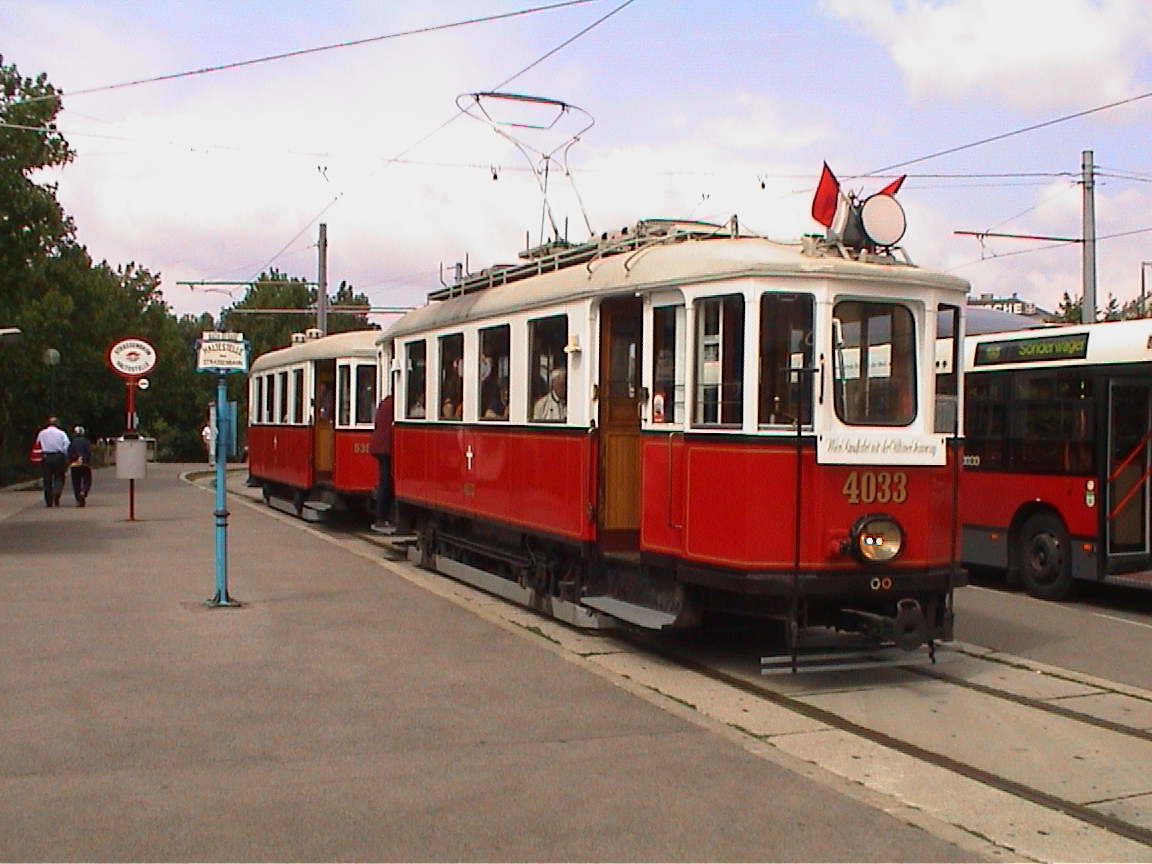 ais vienna picture
ais vienna picture vienna statue
vienna statue vienna congress
vienna congress vienna travel
vienna travel vienna streets
vienna streets vienna old
vienna old vienna beautiful city in Europe
vienna beautiful city in Europe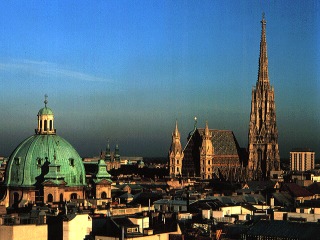 vienna pictures
vienna pictures vienna images
vienna images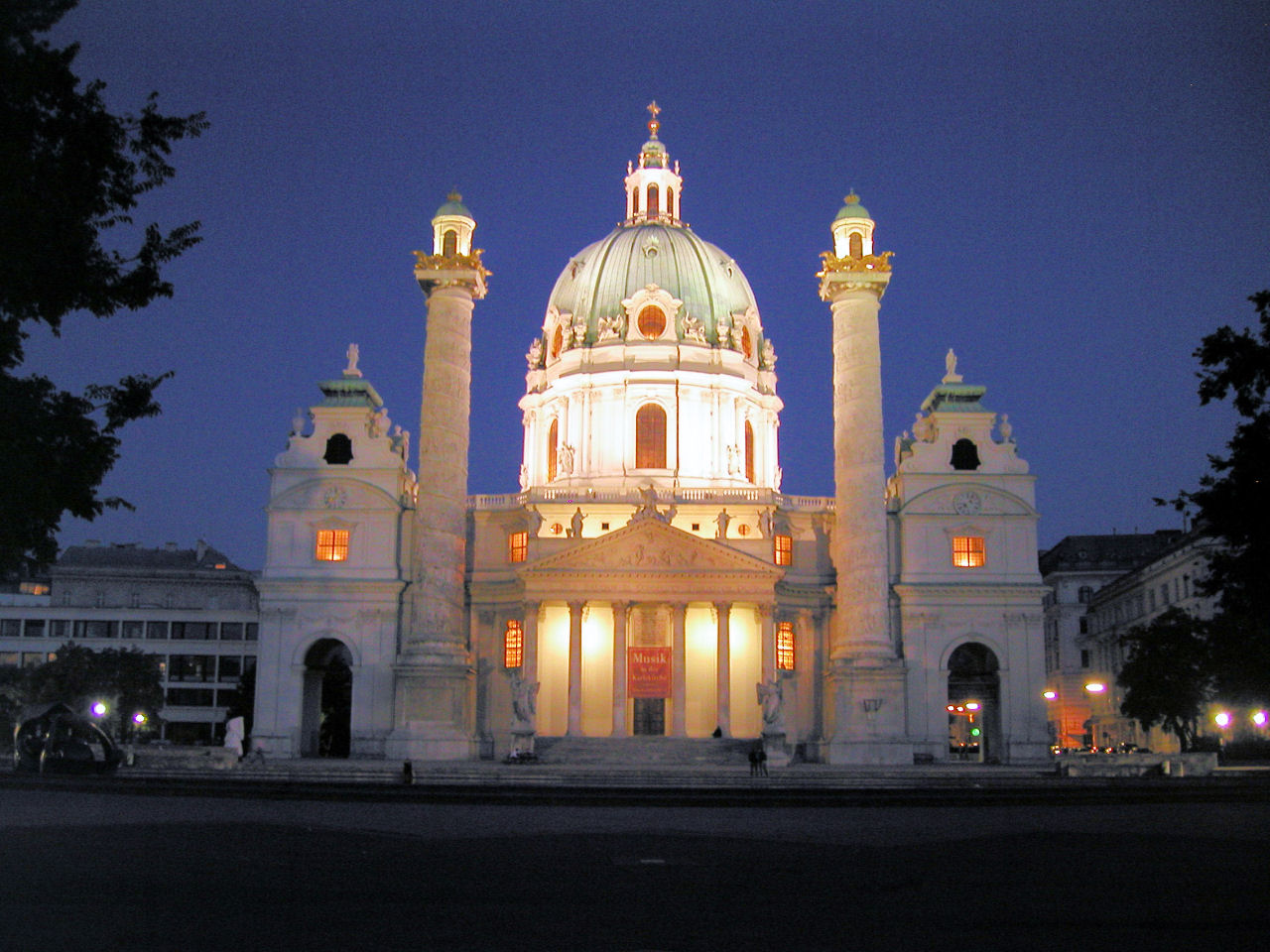 vienna austria
vienna austria vienna stowaway
vienna stowaway vienna city hall
vienna city hall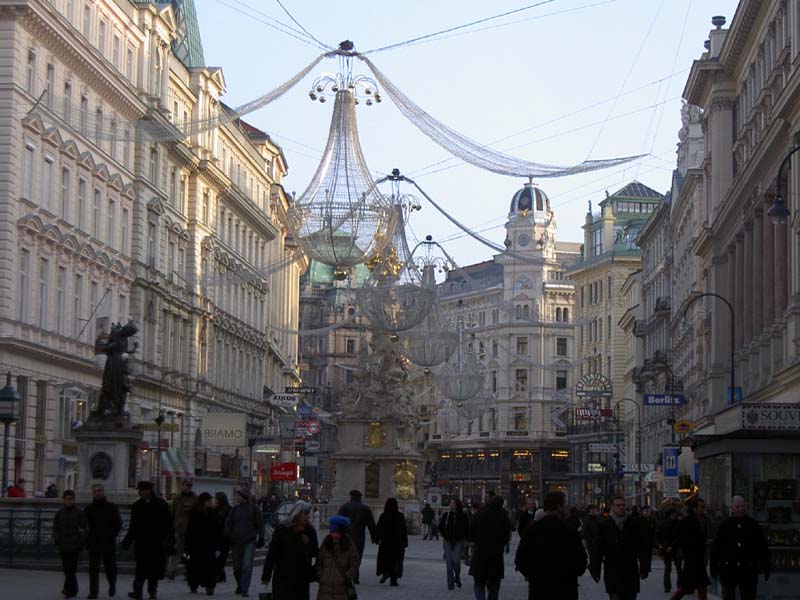 vienna city
vienna city vienna photos
vienna photos vienna destination
vienna destination vienna schonbrun place
vienna schonbrun place vienna cruises
vienna cruises viennaStaatsoper
viennaStaatsoper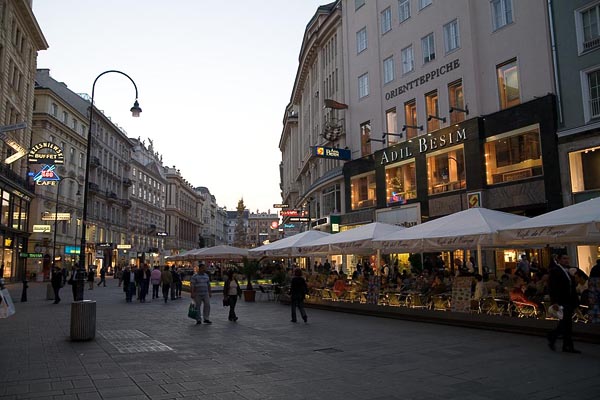 vienna images
vienna images vienna hofburg
vienna hofburg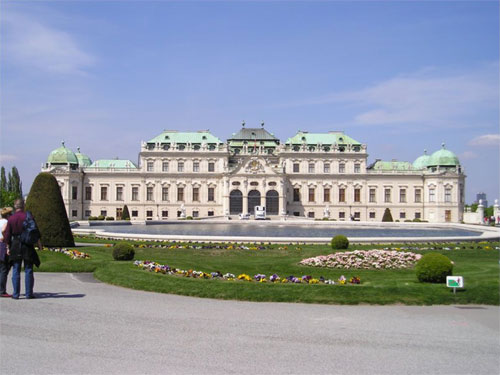 vienna tourism
vienna tourism vienna city road
vienna city road vienna and budapest
vienna and budapest

